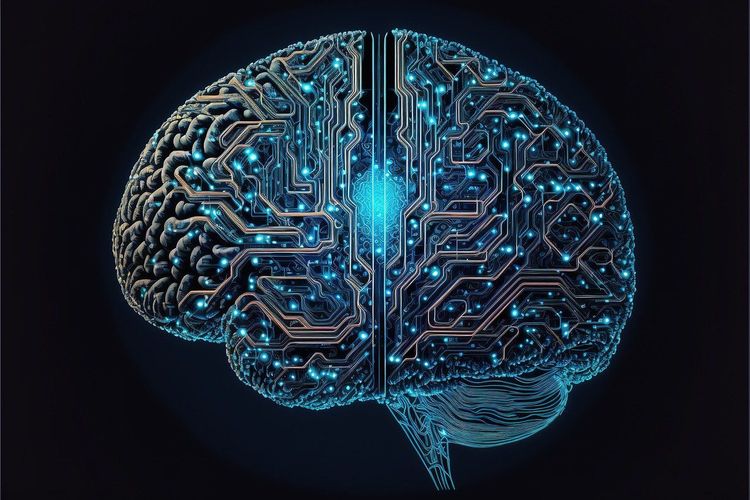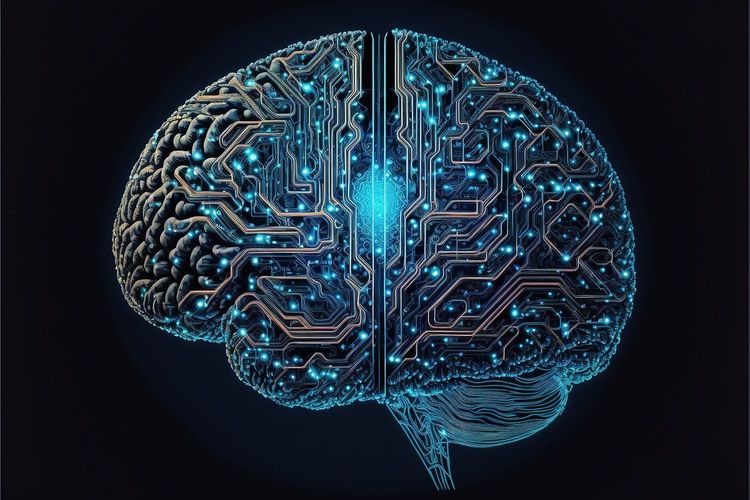Google has unveiled MusicFX, an innovative experimental tool that allows users to generate original music using AI. Leveraging Google’s MusicLM and DeepMind’s watermarking technology, SynthID, MusicFX creates a unique digital watermark for each output, ensuring the authenticity and origin of musical creations.
MusicFX signifies a vital advancement in AI, opening new avenues for musicians, producers, and music enthusiasts to explore their creativity. Nonetheless, the tool has specific limitations: it does not generate music for queries referencing certain artists or containing vocals, protecting the distinctive styles of original artists.
The service is part of the AI Test Kitchen, a Google initiative aimed at letting the public experience the latest AI technologies firsthand. This platform fosters collaboration, encouraging user feedback that helps Google enhance AI technology responsibly and inclusively.
Currently, users in the United States, Kenya, New Zealand, and Australia can access MusicFX alongside TextFX, which allows users to transform ideas into music or text. As Google showcases this generative AI technology, it acknowledges inherent challenges, including potential inaccuracies or inappropriate outputs. To address these risks, the company has implemented multiple protective measures.
A Commitment to Responsible Innovation
In line with Google’s AI Principles, the company emphasizes responsible AI development that relies on public interaction and feedback. This collaborative strategy seeks to refine technology while adhering to ethical standards.
Regarding privacy, Google ensures that data collected during MusicFX interactions remains unlinked to users' accounts and is stored anonymously. Human reviewers may access this data for analysis and model improvement, but users can delete their information during the session. Once the session concludes, data becomes non-identifiable and non-deletable, retained for up to 18 months.
The Impact of MusicFX
The launch of MusicFX represents more than just a new tool; it signals a broader trend in AI where public involvement shapes and enhances technology. By engaging users early on, Google addresses ethical concerns while advancing its capabilities.
MusicFX could also disrupt the music industry by democratizing music creation, lowering entry barriers for those without formal training or access to advanced production tools. However, challenges remain, particularly regarding copyright, ownership, and originality of AI-generated music. Google’s use of watermarking technology indicates awareness of these issues, but discussions and regulations will need to evolve alongside the technology.
What Lies Ahead
As Google refines MusicFX with public feedback, the AI Test Kitchen may serve as a blueprint for future AI development. This model could usher in a new era where technological advancement aligns with societal values and norms.
For now, users are invited to explore this new musical frontier, blending AI with human creativity. MusicFX has the potential to redefine music creation and interaction, marking the beginning of a symphony of AI-driven innovation. Try MusicFX and other Google Labs experiments by visiting labs.google.







